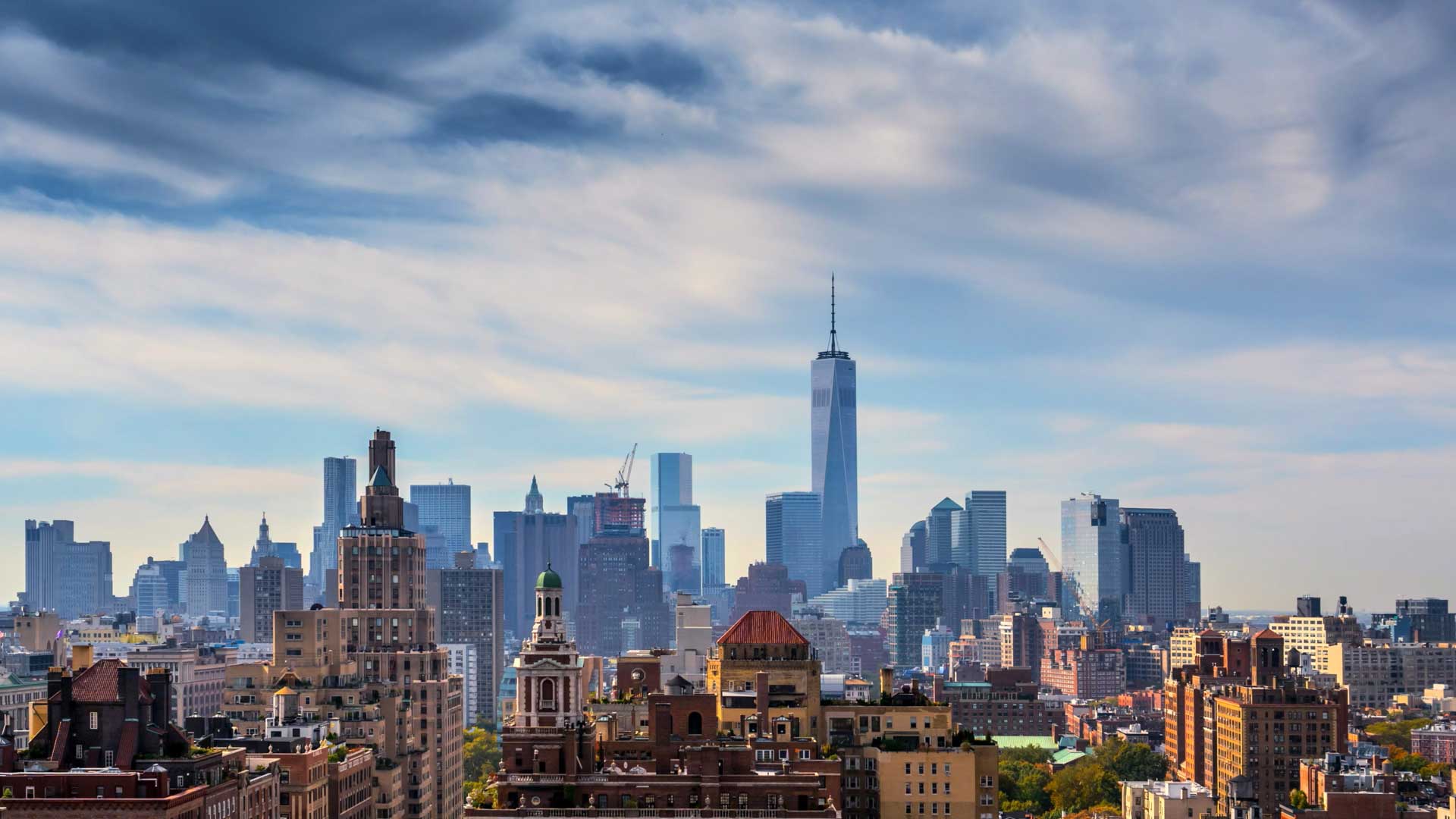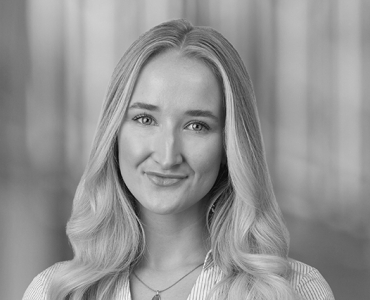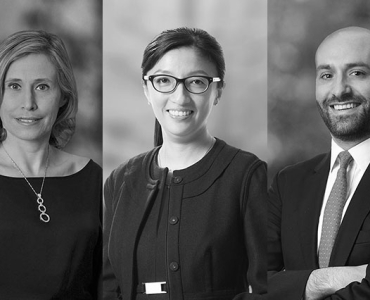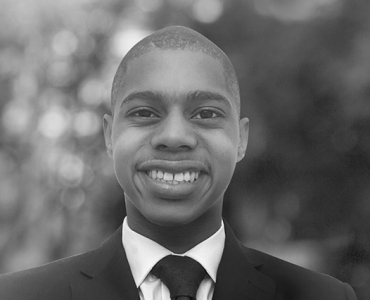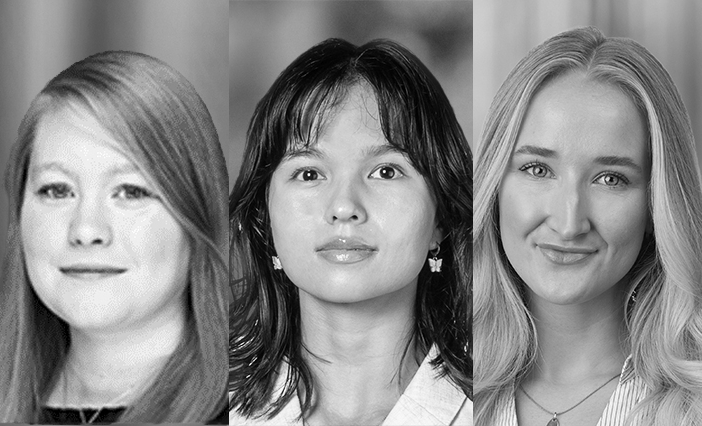
July 2024: July is global Disability Pride Month, and we asked three of our Beyond Barriers committee members to share their perspectives as part of our celebrations. Madeleine Chow (Legal Recruiting Assistant, New York) Katie Morgan (Trainee Solicitor, Singapore) and Jennifer Riddle (Local Partner, Abu Dhabi) tell us their stories.
How do you define disability pride?
Jennifer Riddle: Disability pride represents a transformative shift in the way we understand and talk about disability. Traditionally, discussions around disabilities have too frequently been mired in a language of suffering, limitations and obstaclesŌĆöa perspective that, while often well intentioned, reinforces ableist narratives. By contrast, disability pride confronts such views by promoting an understanding that disability is a natural and valuable aspect of human diversity.
Madeleine Chow: To me, it means thinking about disability in another light. It may make some parts of everyday living trickier to navigate but should not be a source of shame or fear, nor should it be viewed as a limitation. Learning how to cope with and work around one's disability is a source of strength.
Katie Morgan: I believe that disability pride encompasses a movement to foster a positive sense of identity and self-acceptance among individuals with disabilities, encouraging those with disabilities to recognize their differences as an integral, valuable part of their identity, as opposed to something that should be hidden!
What does Disability Pride Month mean to you?
KM: To me, Disability Pride Month comprises a period of both celebration and action. We are encouraged to celebrate the achievements, resilience and unique perspectives within the disability community, whilst also providing a platform for education and awareness regarding the issues that those with disabilities continue to face.
JR: For many, including myself, Disability Pride Month represents a time for reflection and the opportunity to reconnect with my community. This engagement serves to strengthen our collective voice, allowing us to advocate more effectively for our rights and needs. However, while we celebrate the strides made in recognizing and valuing the contributions of people with disabilities, this month also highlights the gaps and barriers that still exist.
MC: While disability pride should be an all-year-round phenomenon, taking the month of July to celebrate it is a more accessible and practical way to get our colleagues around the Firm to pause and reflect on the experiences and perspectives of their visibly or invisibly disabled colleagues.
What message do you hope to convey to others during Disability Pride Month?
KM: During Disability Pride Month, I hope that the Beyond Barriers affinity network can assist with challenging stereotypes and misconceptions about disabilities, demonstrating that those with disabilities are diverse in their abilities, and rich in their talents and contributions.
JR: By advocating for disability pride, we can champion a more inclusive and equitable world at the same time as acknowledging the need to dismantle barriers, challenge stereotypes and create communities where everyone can thrive.
MC: That there is a community here at this Firm (especially with the recent addition of the Beyond Barriers affinity network) to support you. Nobody is alone in their experiences. We are fortunate to be at a Firm that accepts and celebrates a wide range of backgrounds and abilities.
How has embracing disability pride impacted your life and self-identity?
JR: As an autistic person, the journey toward embracing disability pride has allowed me to understand and appreciate that autism cannot be encapsulated in a single narrative or stereotype; there is no right or wrong way to "be autistic." This has been incredibly liberating and has helped empower me to live more authentically as myself.
MC: Embracing disability pride has improved my life and sense of self-worth by making me feel more comfortable in my own skin.
KM: It has empowered me to advocate for myself and others with disabilities. I aim to continue to educate others about disability rights and associated challenges, creating a space where these topics can be explored and our day-to-day lives improved as a result.
Can you share a moment when you felt proud of your disability or witnessed someone else's pride in their disability?
KM: Watching the Paralympics always fills me with a huge sense of pride. It clearly indicates that, regardless of an individual's disability, their potential is unlimited. I strongly recommend that people tune into the events later this summer where they can!
MC: I felt proud of my disability (ADHD) when I discovered I still am impacted by it as an adult. I had been diagnosed with it as a child, but it was assumed that I would "grow out of it." When I saw an article pop up about common manifestations of ADHD in adulthood and realized that its implications are farther-reaching than I thought, I suddenly felt a swell of pride and self-compassion.


